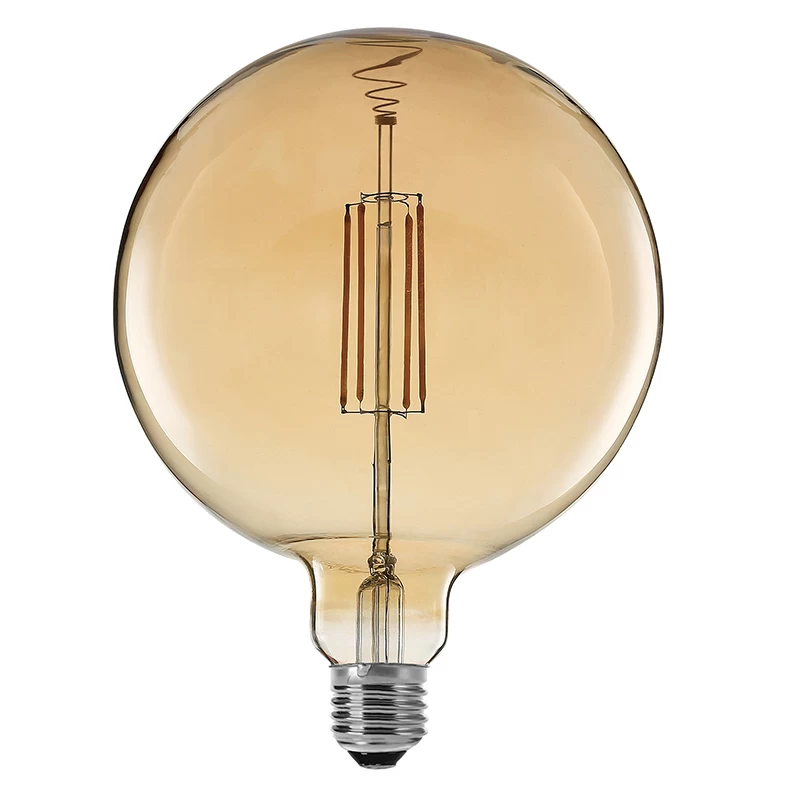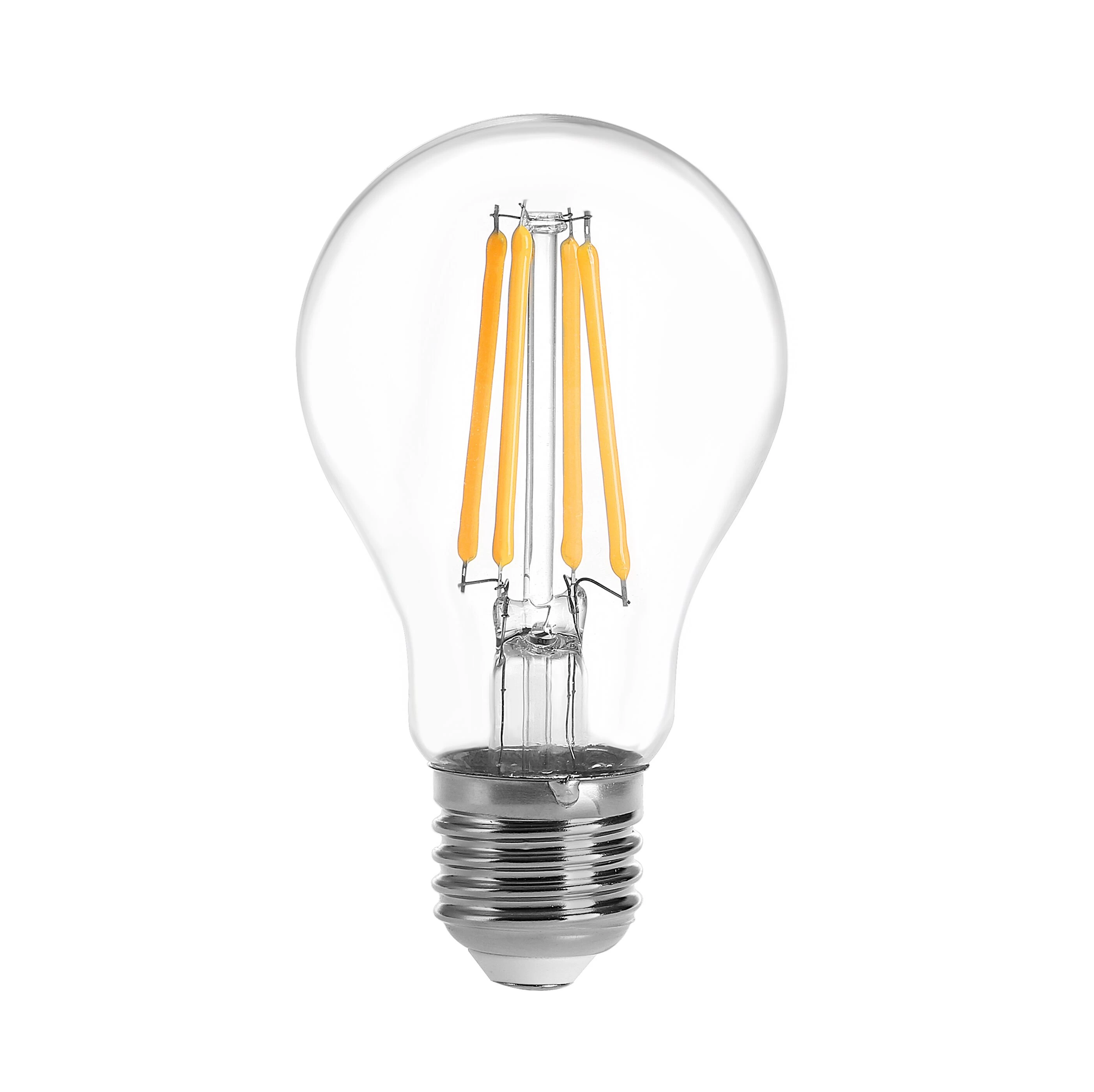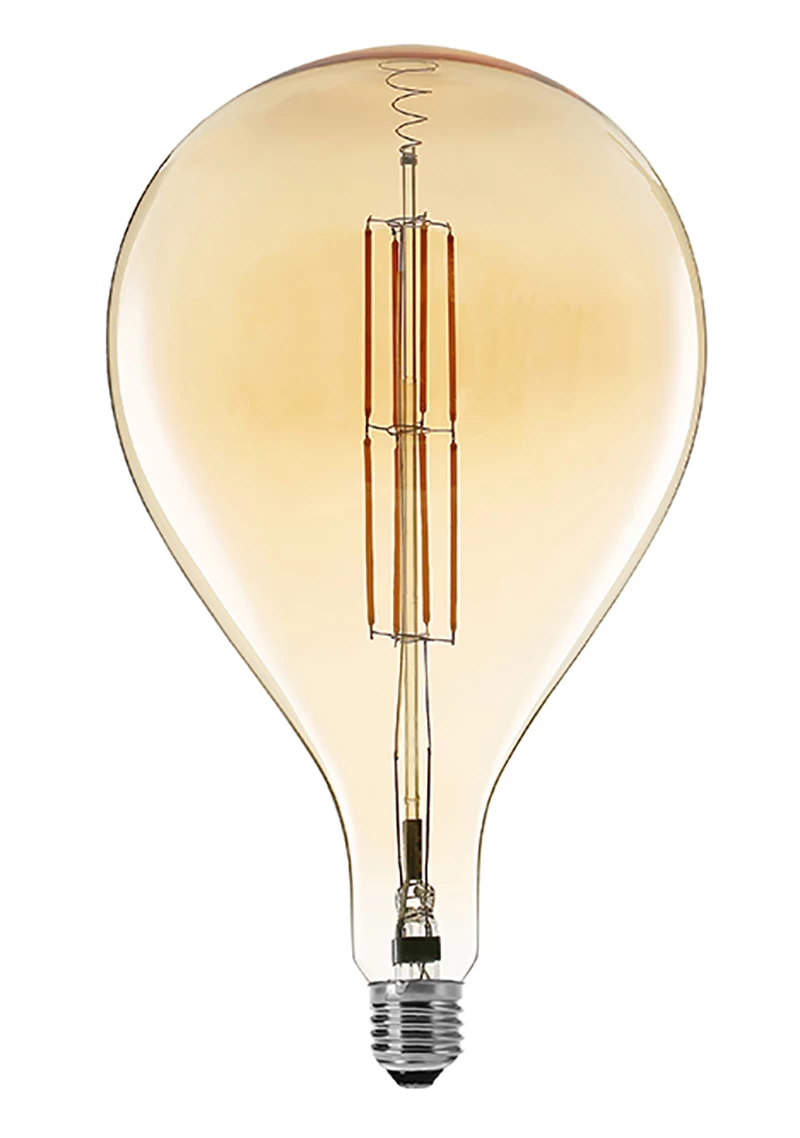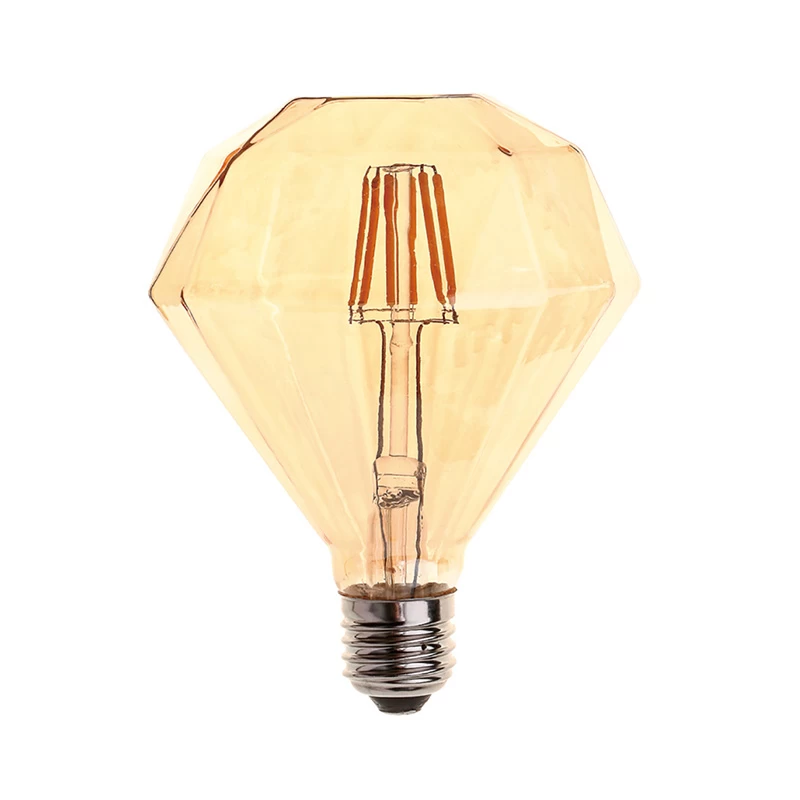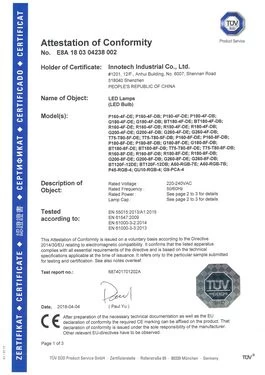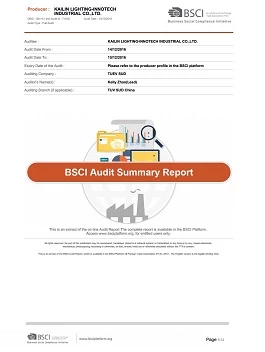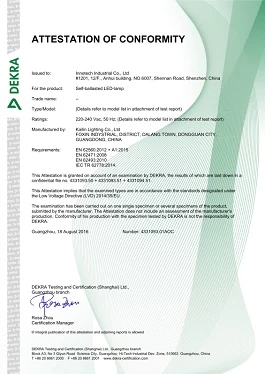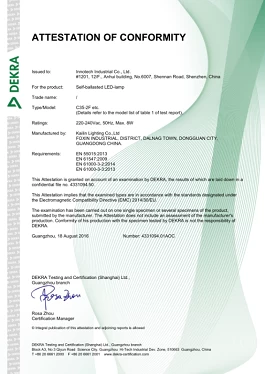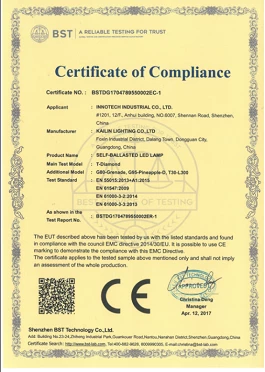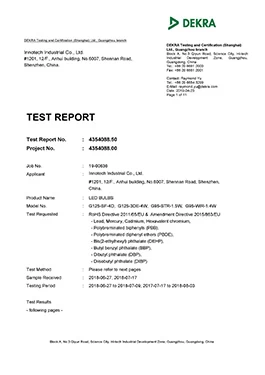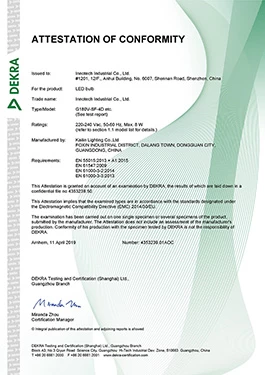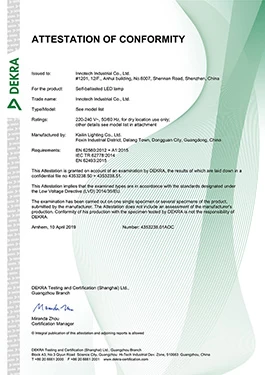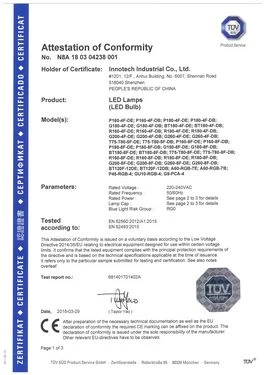How to buy the best LED light bulbs?
Thinking about making the switch to LED bulbs? Find out more about LED technology and how LED lights compare to energy-saving light bulbs, halogens and old-style incandescent bulbs. If you're already convinced by LED light bulbs, make sure you get the best LED bulbs around by picking one of our Best Buy light bulbs.
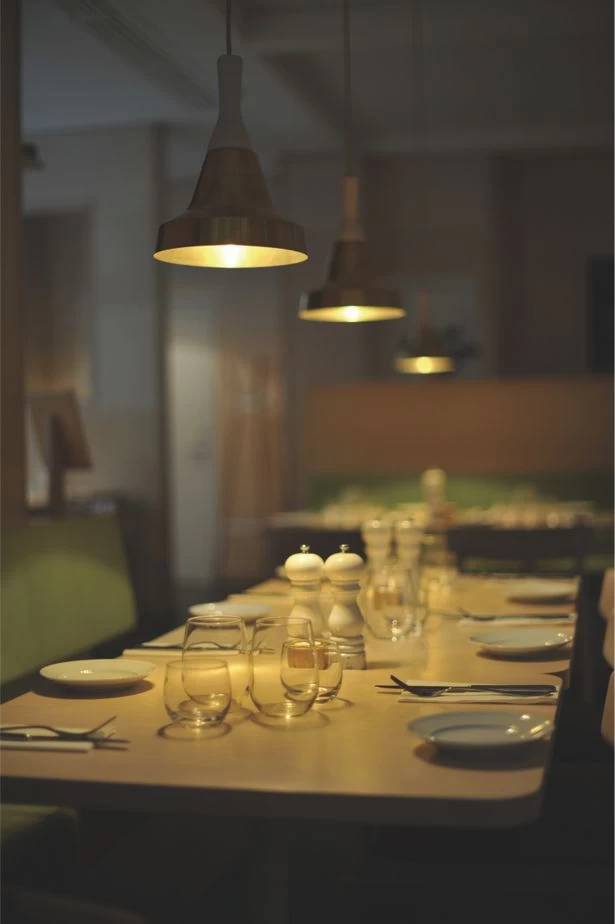
What are LED light bulbs?
LED lights have been hailed as the future of home lighting, as they use very little energy, claim to last a very long time and, unlike regular energy-saving bulbs, they are instantly bright when switched on.
Early LEDs were limited by high prices and relatively low light output, but the technology has developed rapidly in recent years, and you can now get bright, efficient LED bulbs that replace 100W old-style bulbs and look just like a traditional bulb. What's more, prices are getting lower all the time. While the brightest bulbs can still set you back around £20, most cost less than £10, and the energy savings they will provide in your home make them well worth considering.
LED bulbs differ from traditional incandescent bulbs in the way they produce light. While old-fashioned incandescent light bulbs passed electricity through a thin wire filament, LEDs produce light through the use of a semi-conductor that emits light energy when an electrical current is passed through it.
This way of producing light is also different from regular energy-saving bulbs, which pass energy through mercury vapour to create UV light. This is then absorbed by a phosphor coating inside the lamp, causing it to glow.
What are LED bulbs great at?
LEDs are still the most expensive type of light bulb you'll see in the shops, but they do have advantages over the other types of bulbs.
1. LEDs are the most energy-efficient bulbs. They use 90% less energy than traditional incandescents and can sometimes pay for themselves through energy savings in just a couple of months. So while the upfront cost might be high, you'll notice the difference in your annual energy bills. By contrast, Compact Fluorescent Lamps (CFLs) use 60%-80% less energy than incandescents, while halogens use 20-30% less.
2. LEDs claim to be ultra long lasting - lasting for 25-30 years, depending on which one you buy and how you use it.
3. LEDs give out their light almost instantly when you flick the light switch, so you don't have to put up with dim light while they get going.
4. Our tests have found that LED and halogen bulbs work fine in low temperatures, whereas CFLs don't.
What are the downsides of LED light bulbs?
The LED market is currently a self-regulated market, so a CE mark on the bulb does not necessarily mean that it has been through all of the required quality checks. The quality of LED bulbs can therefore vary. Take a look at our independent LED light bulb reviews to make sure that you get a reliable bulb.
Some people don't like the quality of light given out by LED light bulbs, as some can produce a cooler bluish light. The best LEDs will be indistinguishable from your old incandescent bulbs and be able to produce a nice warm light.
We've heard some cases where a small number of LED light bulbs can interfere with DAB radio signals. We test all bulbs for this annoying anomaly so you won’t be surprised when you get it home and switch it on.
To be able to dim LED lights you may need to upgrade to a dimmer that recognises low electrical loads. The packaging should say whether LEDs are dimmable, but check with the manufacturer if you are unsure.
LEDs can't match halogen or incandescent light bulbs for colour rendering. The CRI or Colour Rendering Index, which is a measure of how well a light source accurately reveals various colours. Halogen and traditional incandescent get in the high 90s on this measure. While we have found some LEDs that achieve over 90, most are in the low 80s.
Consistency of colour and light output - it's trickier to get a consistent look in your home with LEDs, especially if you mix LED brands and types, as the colour temperature and CRI can vary more than with traditional light bulbs.

Should I buy LED bulbs?
Yes. These bulbs are the most energy efficient, they are long lasting and get bright the instant you flick the light switch. Make sure you check our before you buy though, as quality can vary.
Although the colour rendering isn't perfect, it shouldn't be too noticeable in your home. It's worth buying one LED first to see if you like the spread and colour of light before committing to replacing more bulbs in your home.
Pros: LEDs are the most efficient type of bulb, have great claimed longevity, give instant light, work in low temperatures
Cons: Quality varies, colour rendering isn't quite as good as old-fashioned bulbs, you may need to update your dimmer switches to compatible models.

 +
+




